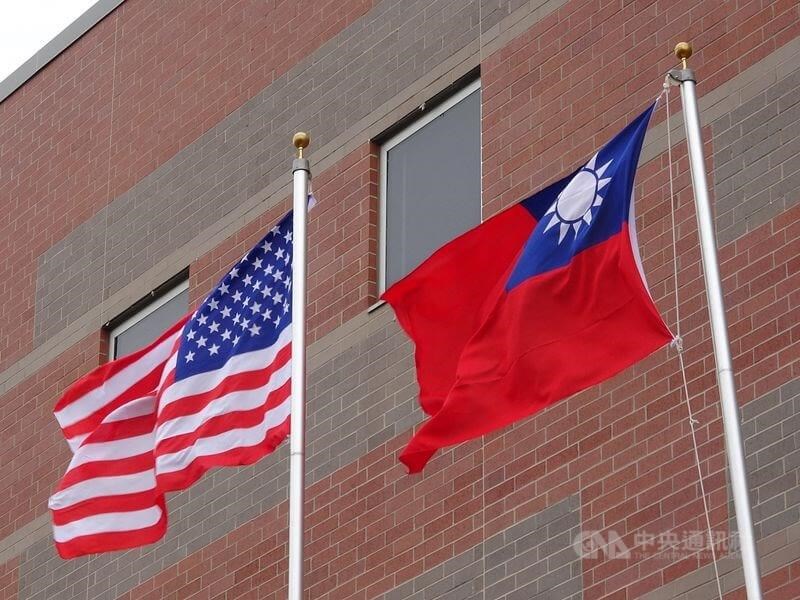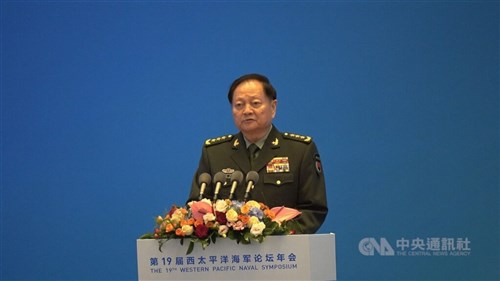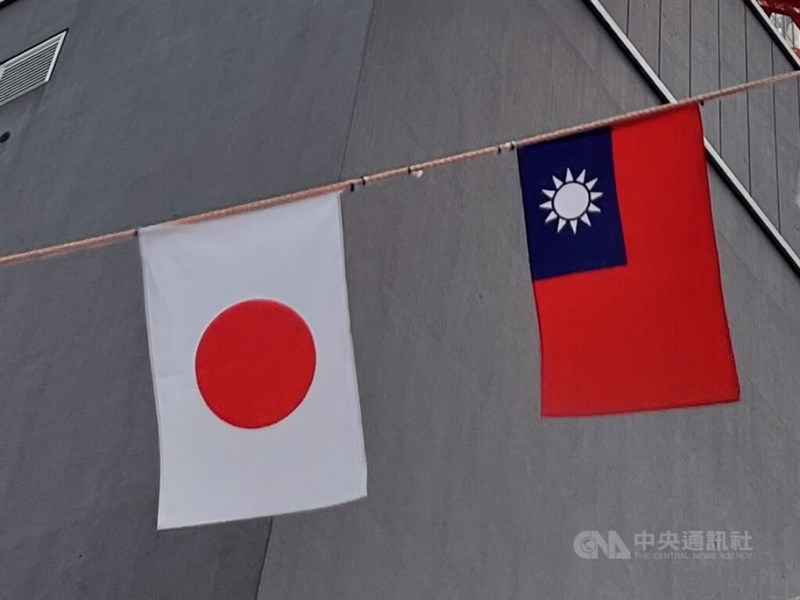ANALYSIS / Lai's speech softens tone on China, spotlights defense: Experts
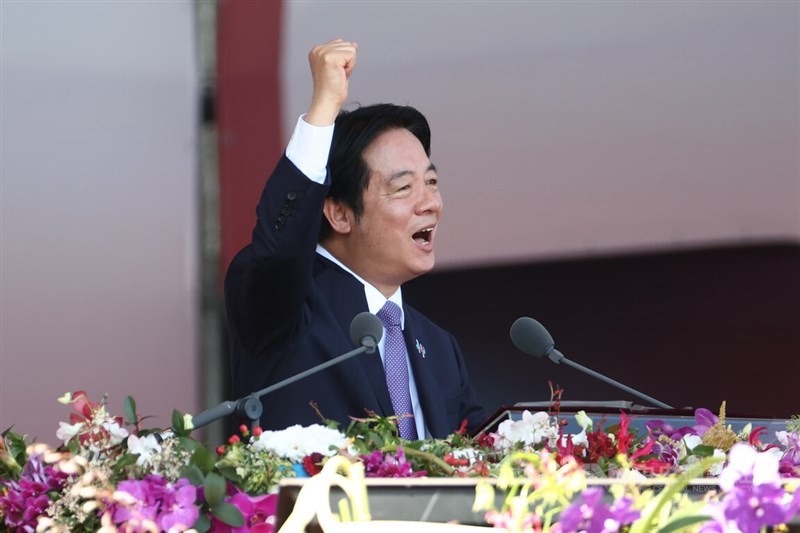
Taipei, Oct. 10 (CNA) President Lai Ching-te's (賴清德) National Day address on Friday softened the tone toward China compared with his major speeches last year, while putting defense front and center to signal Taiwan's resolve to defend itself and to win support from democratic partners, experts told CNA.
In a speech marking the 114th National Day of the Republic of China (ROC, Taiwan's official name), Lai devoted less space to directly addressing cross-strait relations than in last year's inaugural and National Day addresses.
Urging China to "take responsibility as a major power", Lai said Taiwan hopes Beijing will "renounce the use of force or coercion to change the status quo across the Taiwan Strait."
Compared with his two major speeches last year, Lai did not repeat the line that "the ROC and the People's Republic of China (PRC, China's official name) are not subordinate to each other," which had drawn criticism from the Chinese side for promoting "Taiwan independence" and what it called a "new two-state theory."
● Full text of President Lai Ching-te's National Day address
A softened tone
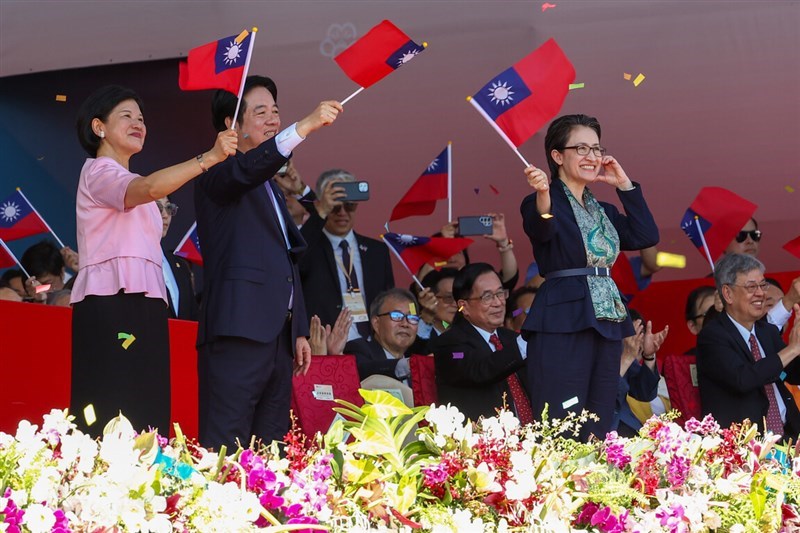
William Yang (楊晧暐), a senior analyst for North East Asia at International Crisis Group, told CNA that, unlike last year, Lai avoided using "sharp and assertive language to criticize China directly."
"Instead, Lai used softer and more reconciliatory language to express Taiwan's hope to see China reduce the level of aggression and threats against Taiwan," he said.
Describing Lai's change of tone as "obvious," Yang said the president used "a more reconciliatory tone and narrative to seek potential reciprocation from China."
"It is both to amplify his goodwill for peace while proving to the international community that Taiwan remains focused on trying to reduce tension and uphold the status quo through peaceful ways," he added.
In the same vein, Wen-Ti Sung (宋文笛), a nonresident fellow at the Atlantic Council's Global China Hub, said that while Lai accused China of expansionism in his speech, he also called on Beijing to, in Sung's words, "listen to the better angels of its nature and behave like the responsible great power that he thinks China can be."
No mention of 'not subordinate to each other'
Tzeng Wei-feng (曾偉峯), an associate research fellow at National Chengchi University's Institute of International Relations, told CNA that Friday's address toned down language on sovereignty issues to give Beijing less of an opportunity to make an issue of it.
He noted that after Lai reiterated the "not subordinate to each other" phrase in last year's National Day speech, China's state-run People's Daily swiftly labeled it a "new two-state theory," which was followed by the "Joint Sword-2024B" military exercise that encircled Taiwan for one day.
Offering another explanation, Wang Hung-jen (王宏仁), a professor in the Department of Political Science at National Cheng Kung University, said that the two countries are not subordinate to each other is a settled fact that does not need constant repetition.
Wang added that the choice not to repeat the phrase also reflects a broader international context, not concern over a potential Xi-Trump meeting at the Asia-Pacific Economic Cooperation (APEC) Economic Leaders' Meeting set for Oct. 31 to Nov. 1, but a holistic calculation that, amid U.S.-China rivalry, Taiwan should avoid becoming a "standout focal point."
Emphasis on defense
In his speech, Lai put greater emphasis on defense than on directly addressing cross-strait ties, vowing for the first time to build the "T-Dome," which he said would "establish a rigorous air defense system in Taiwan with multi-layered defense, high-level detection, and effective interception."
Lai also reiterated Taiwan's goal to increase its defense spending -- a move aligned with U.S. President Donald Trump's calls for greater burden-sharing among partners.
"Defense spending, as it is defined by the North Atlantic Treaty Organization (NATO), will exceed 3 percent of GDP next year, and will reach 5 percent of GDP by 2030, showing our determination to safeguard the nation," he said.
Showing defense resolve to win support
The announcement of the "T-Dome" is a "clear signal" to the U.S. and other democratic partners that Taiwan is "determined, ambitious and ready" to enhance its defense capabilities, Yang said.
"It also showcases the concrete steps that Taiwan will take to address the threats and challenges posed by China's expanding missile capabilities," he added.
In terms of a key message to Washington, Yang said Lai hopes the "T-Dome" can convince the Trump administration of Taiwan's determination to "focus on strengthening its own defense capabilities and receive more support from the U.S. along the process."
While Lai did not go into specifics about the "T-Dome," such as its manufacturer or how it would work, Sung inferred that it would be "a vehicle for closer defense industrial collaboration and intelligence-sharing with Taiwan's like-minded international friends."
"Effective missile interception requires early warning and intelligence," he added.
Asked why Lai spoke at length about defense in his speech, Sung told CNA that Taiwan is "no boiling frog," and that Lai wants to signal to his international audience that the island country "takes its own defense and China's expansionism very seriously."
He said Lai also linked Taiwan's fate to that of countries around the South and East China seas -- such as the Philippines and Japan -- arguing it was an attempt to "embed Taiwan's fate with that of the Indo-Pacific regional order as a whole."
"It's a call for linkage and partnership," Sung said.
Responses from China
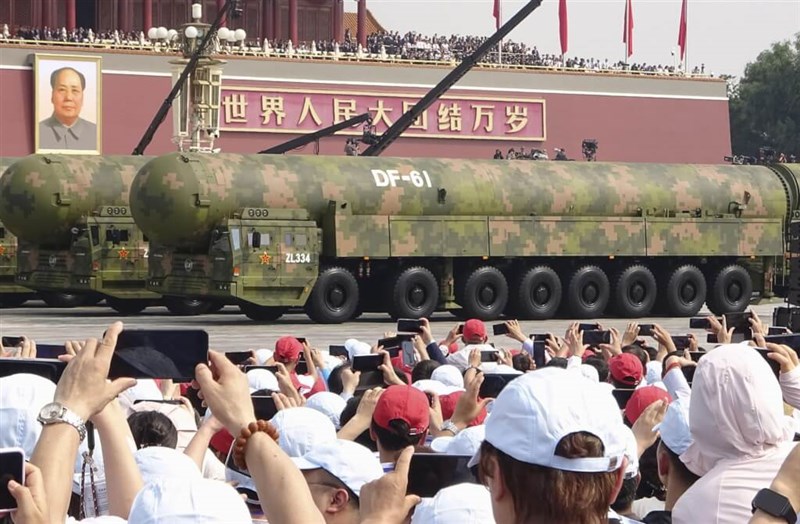
Following Lai's two major speeches last year, China conducted large-scale military exercises around Taiwan a few days later, naming them "Joint Sword-2024A" and "Joint Sword-2024B."
Yang said that Lai's "clear adjustment" in tone, focus and delivery this year will make it "more difficult for China to try to justify the launch of another major military exercise around Taiwan."
Without ruling out the possibility of another drill around Taiwan, Sung noted that Beijing will be "unhappy no matter what Lai says."
Bao Chengke (包承柯), deputy director at the Institute for East Asian Studies in Shanghai, told CNA that although Lai's address did not use the "not subordinate to each other" phrase or label China a "hostile external force," it still showed that his pro-Taiwan independence stance has not changed.
The Chinese scholar argued that the reduced confrontational rhetoric toward China in this year's speech was tied to the failure of the mass-recall campaign -- a citizen-led drive backed by the ruling Democratic Progressive Party (DPP) to unseat most directly elected Kuomintang (KMT) lawmakers.
After the failure to recall any opposition KMT lawmakers, cross-strait policy under Lai, who also chairs the DPP, has been noticeably lower-key, Bao noted.
He said the speech was "unlikely to send cross-strait relations out of control," but also "unlikely to herald a thaw," and that further observation is needed to see where policy under the Lai administration goes next.
-
![U.S. policy unchanged despite Taiwan omission in defense strategy: Analysts]() U.S. policy unchanged despite Taiwan omission in defense strategy: AnalystsThe absence of Taiwan in the Pentagon's recently released 2026 National Defense Strategy (NDS) has raised concerns about the United States' commitment to the island nation's defense.02/07/2026 04:31 PM
U.S. policy unchanged despite Taiwan omission in defense strategy: AnalystsThe absence of Taiwan in the Pentagon's recently released 2026 National Defense Strategy (NDS) has raised concerns about the United States' commitment to the island nation's defense.02/07/2026 04:31 PM -
![Xi's military purge raises Taiwan miscalculation risk: Experts]() Xi's military purge raises Taiwan miscalculation risk: ExpertsChinese President Xi Jinping's (習近平) ongoing purge of senior military leaders, most recently targeting top general Zhang Youxia (張又俠), could help him consolidate power and potentially increase the risk of strategic miscalculation over Taiwan, according to experts.01/27/2026 09:31 PM
Xi's military purge raises Taiwan miscalculation risk: ExpertsChinese President Xi Jinping's (習近平) ongoing purge of senior military leaders, most recently targeting top general Zhang Youxia (張又俠), could help him consolidate power and potentially increase the risk of strategic miscalculation over Taiwan, according to experts.01/27/2026 09:31 PM -
![Japan vote a 'high-stakes gamble' of importance to Taiwan: Experts]() Japan vote a 'high-stakes gamble' of importance to Taiwan: ExpertsWidely seen as the most Taiwan-friendly Japanese prime minister since Shinzo Abe, Sakae Takaichi dissolved the House of Representatives on Friday three months after taking office, setting the stage for a snap election on Feb. 8 as she attempts to consolidate her leadership.01/24/2026 05:55 PM
Japan vote a 'high-stakes gamble' of importance to Taiwan: ExpertsWidely seen as the most Taiwan-friendly Japanese prime minister since Shinzo Abe, Sakae Takaichi dissolved the House of Representatives on Friday three months after taking office, setting the stage for a snap election on Feb. 8 as she attempts to consolidate her leadership.01/24/2026 05:55 PM
-
Politics
Taiwan signs trade deal with U.S. to cut tariffs, open markets (update)
02/13/2026 10:57 AM -
Business
U.S. dollar up in Taipei trading
02/13/2026 10:29 AM -
Society
Taiwan headline news
02/13/2026 10:15 AM -
Politics
Taiwan signs trade deal with U.S. to cut tariffs, open markets
02/13/2026 07:34 AM -
Culture
How a site of White Terror persecution became a human rights venue
02/12/2026 08:24 PM
